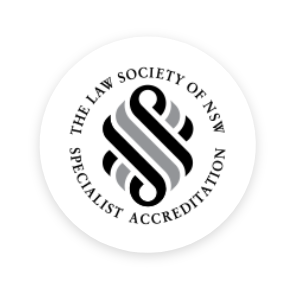What’s changed?
In the past, for example, an “average” person died relatively young, leaving a modest estate and family who generally accepted what they were given.
With an ageing population, complex “modern” families and higher net worth estates, that is likely to change. Informed beneficiaries are likely not to hesitate to point out an injustice, and to look for avenues to challenge any transaction seen as unfair to them.
Elderly parents may also be subject to undue influence by more assertive children – these unsettling changes bring with them increased risk of litigation against advisors.
What are the problems?
For any professional, faced with what appear to be irrational or unreasonable instructions, the challenge is to decide whether a client is simply being “pig headed” or indeed may lack capacity.
Failure to consider this issue also brings with it the risk of a law suit against the professional by disappointed family members.
What are the solutions?
The problem is complex, as are the elements of the solution.
There are basic criteria that a professional can employ to conduct a preliminary assessment of capacity. Careful questioning of the client can be a first step, although medical opinion may be needed in some circumstances.
How can Fleming Muntz help?
Professionals should be alert to the possibility of lack of capacity or undue influence.
Where, for example, a client is formulating an estate plan, and there is a heightened risk of litigation or financially much at stake, great care is needed in the drafting of documents. At Fleming Muntz we have experience in questioning a willmaker about key issues, to assess testamentary capacity, and we are alert to circumstances of undue influence by family members.
Important fine print
This update is for general information only. It is not a complete guide to the area of law. Competent advice should be obtained before taking any action.

